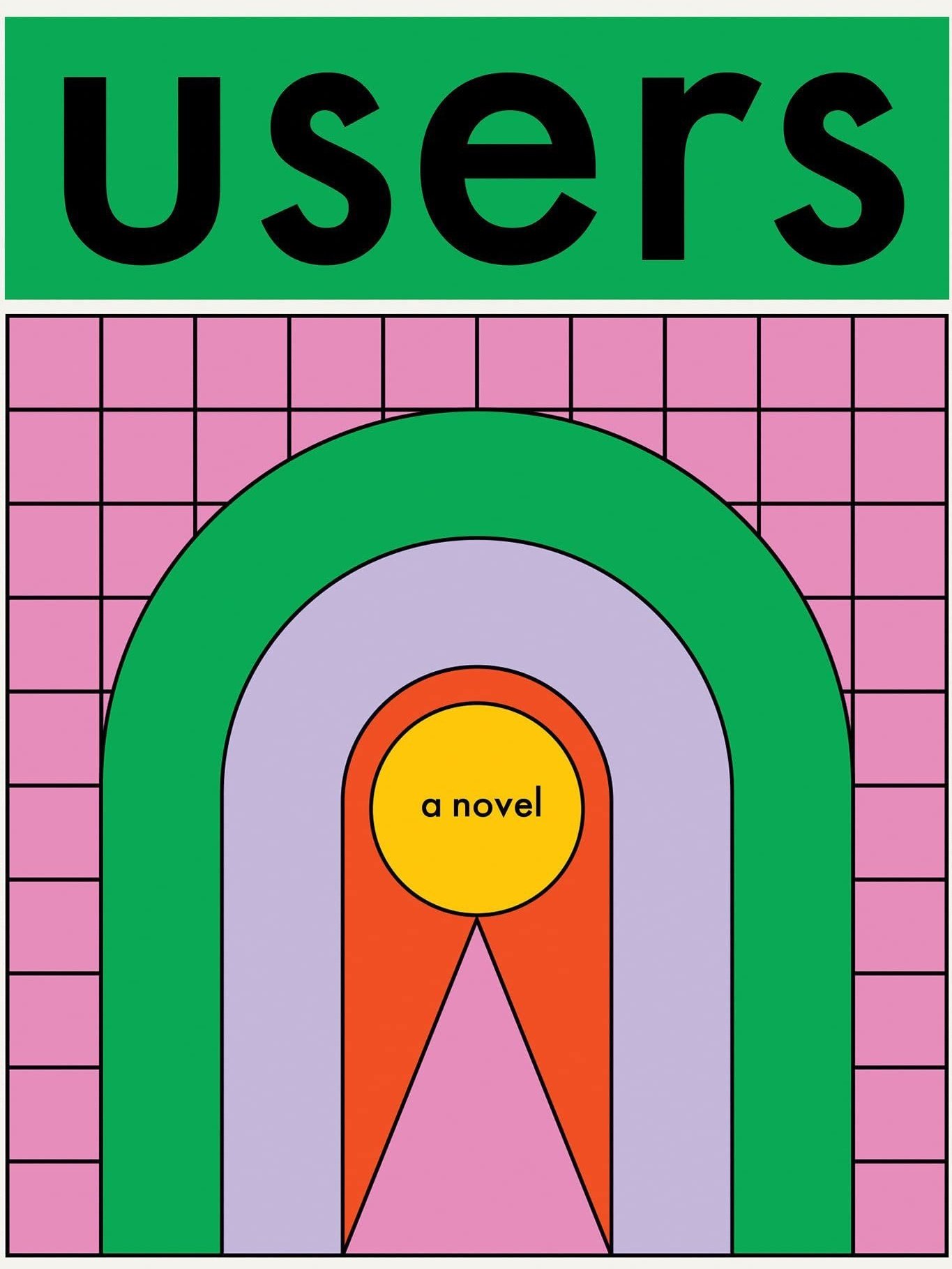(Recently, Monkey Bicycle interviewed Mutable author Colin Winnette about Revelation, his writing process, pressures, and hopes for the future. This interview can be found below.)
MB: What is your religious background?
CW: I’m not a religious person at all, really. Far from it. But I had the unique experience of being a non-religious person growing up in a small town in Northeast Texas. So throughout my life I was steeped in various devoted interpretations of biblical narrative. The closest our family ever came to adopting a religion was when, in an arguably noble attempt to set our family on a, well if not more righteous, certainly more socially accepted path, my older sister (who was very young at the time) insisted our family begin attending church. The idea was that we would then be more like the other families in town, more like her friends’ families, and a little less…our strange selves. My parents were very open-minded and supportive, so we went. I don’t remember which denomination it was, or even what we did there. I only remember dressing up for a few Sundays in a row, then being very happy when we abandoned the project. Christianity, in one form or another, was the dominant religion in our hometown, but I never really got into it and, aside from this little experiment, I was never really asked to. Then, in grade school, I had a good friend who was Muslim, (his was the only Muslim family in our school, I think) and I used to talk to him a lot about his beliefs and his particular religious practices, and the benefits/challenges of these. I distinctly remember him telling me that I had to believe him about something or other because he couldn’t lie as it was against his religion. That struck me then as very convenient; to have a system of beliefs that worked as a set of rules governing your behavior. In my head, he didn’t have to worry about lying because he couldn’t lie. It was against the rules. I was open to, and enthusiastic about, his religious experiences and accounts because he was my friend and they were so unfamiliar to me. The idea of finding something like that for myself became appealing, and I asked my mother to take me to the library so I might read up on various religions and see which one best suited me. Then I too might have a set of rules by which to live. On the one hand, the project was a failure. No single text, or tradition, really fit me that well, but it all seemed really wild and each religion exhibited these great imaginative capabilities. I was learning a lot. At the same time, I was struggling my way through Tolkien, some Shakespeare, Greek mythology, that kind of thing. It’s probably for this reason that I have always viewed religious texts simply as powerful narratives, as literature, rather than existential truths or solid guidebooks for how to live. At best, I guess, they’re examples of how things could be, or might have been. But, again, this was just my experience. Since then I’ve always studied religious texts as/alongside literary texts, particularly the Bible, as it was such a dominant narrative voice in the town/state/country where I grew up. This was one of the initial sparks for this project, engaging a biblical narrative on literary terms, and exposing it to the same manipulations/experimentation one might any other literary tradition.
Read More










